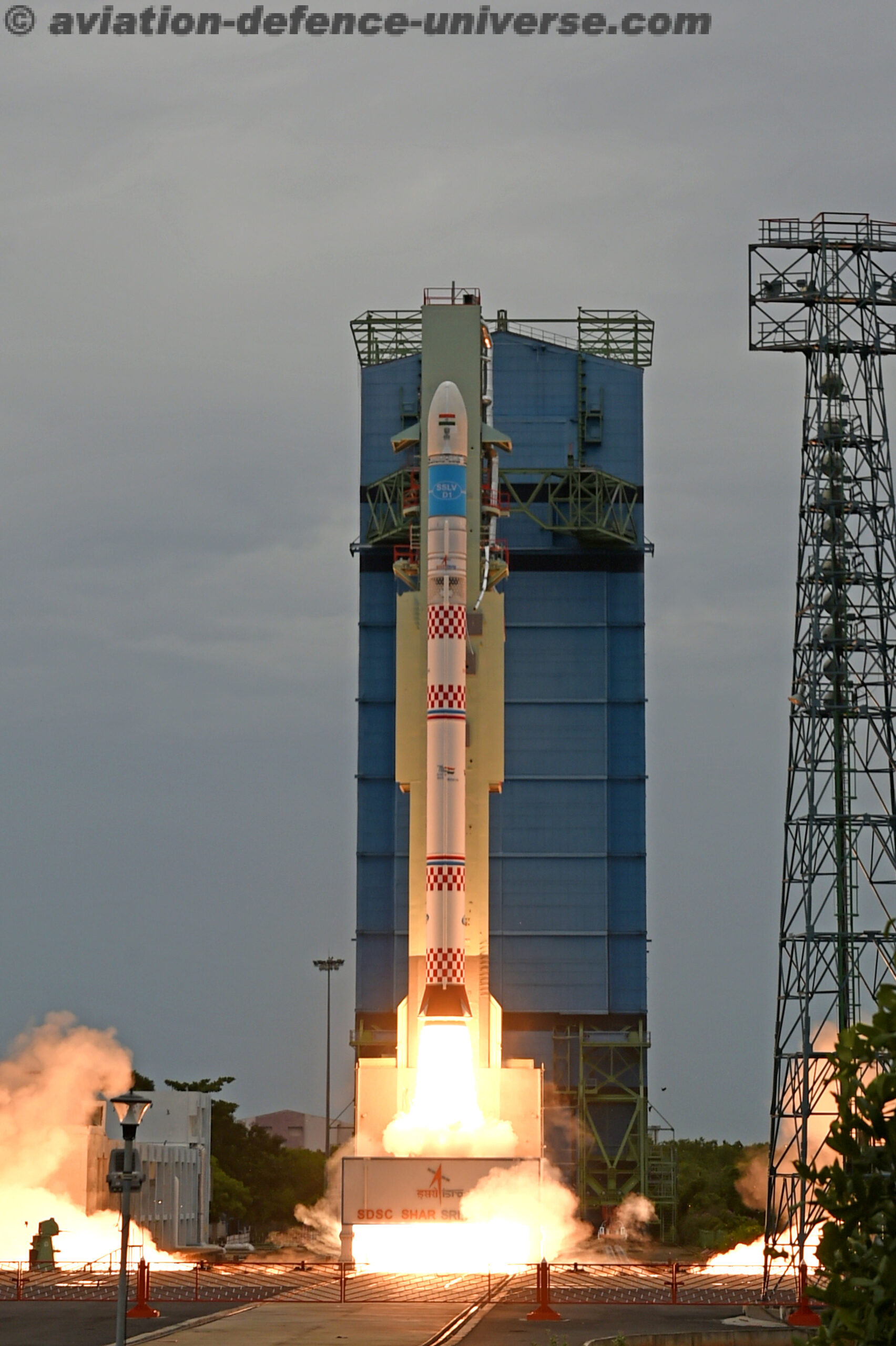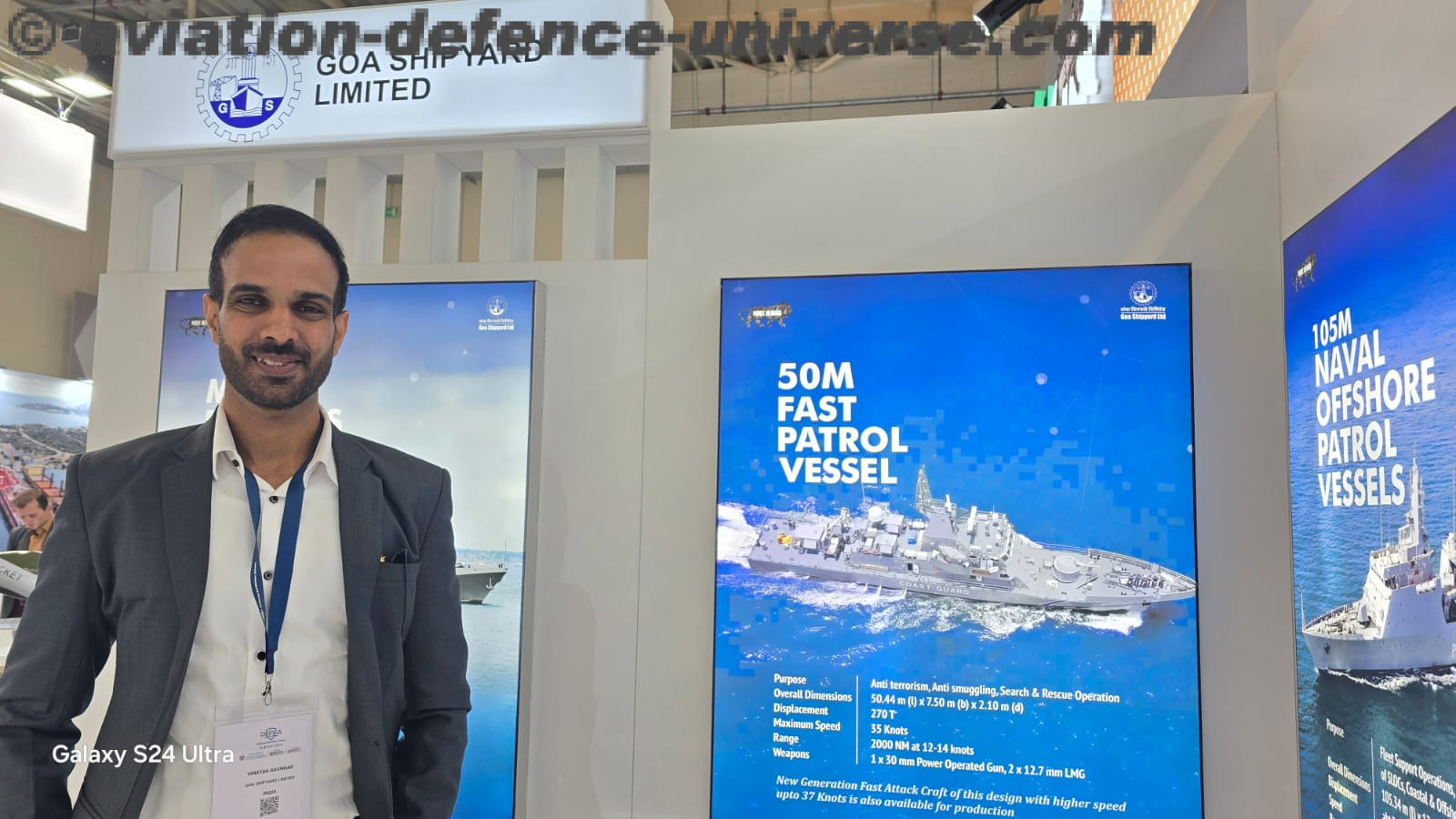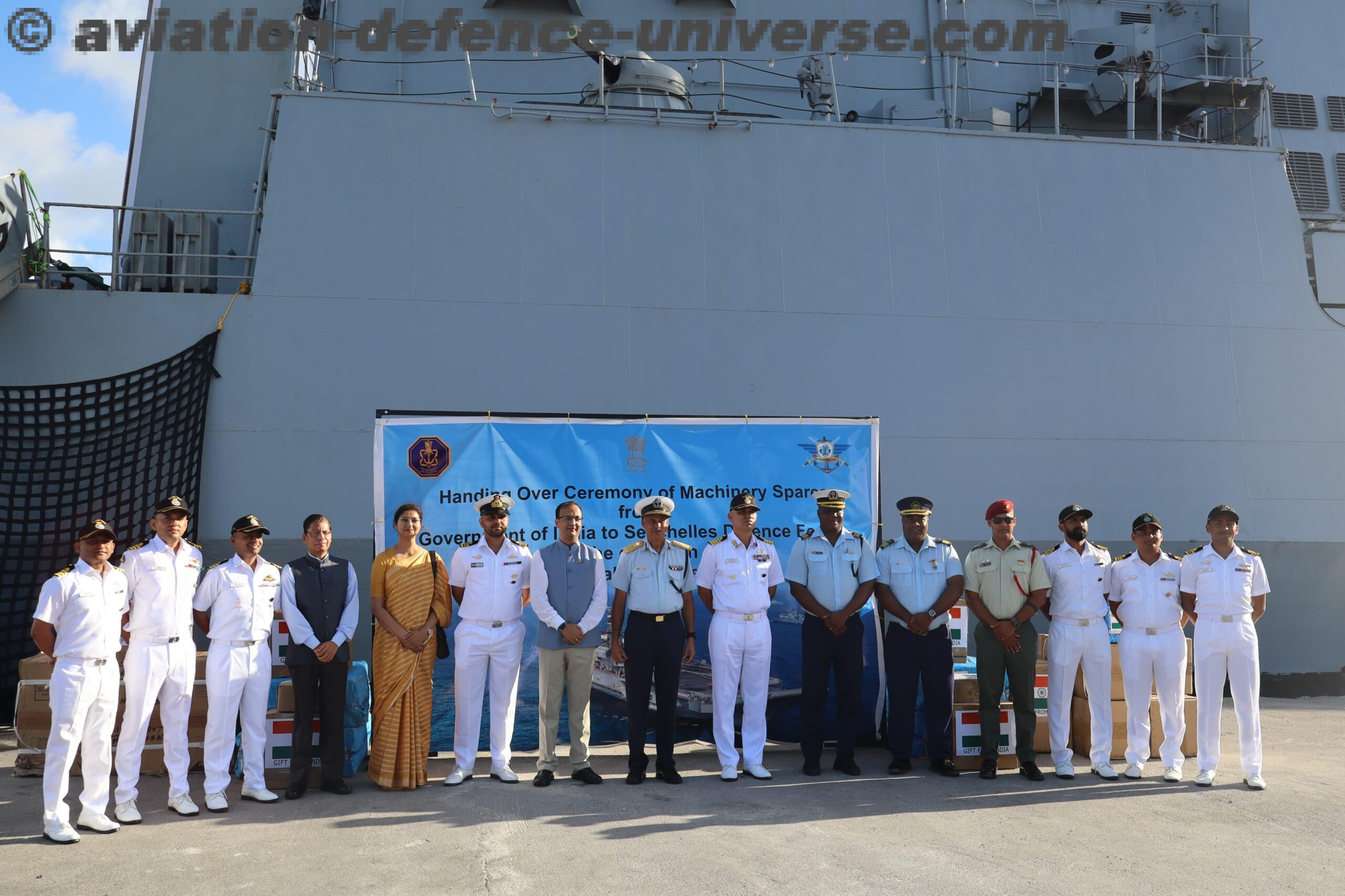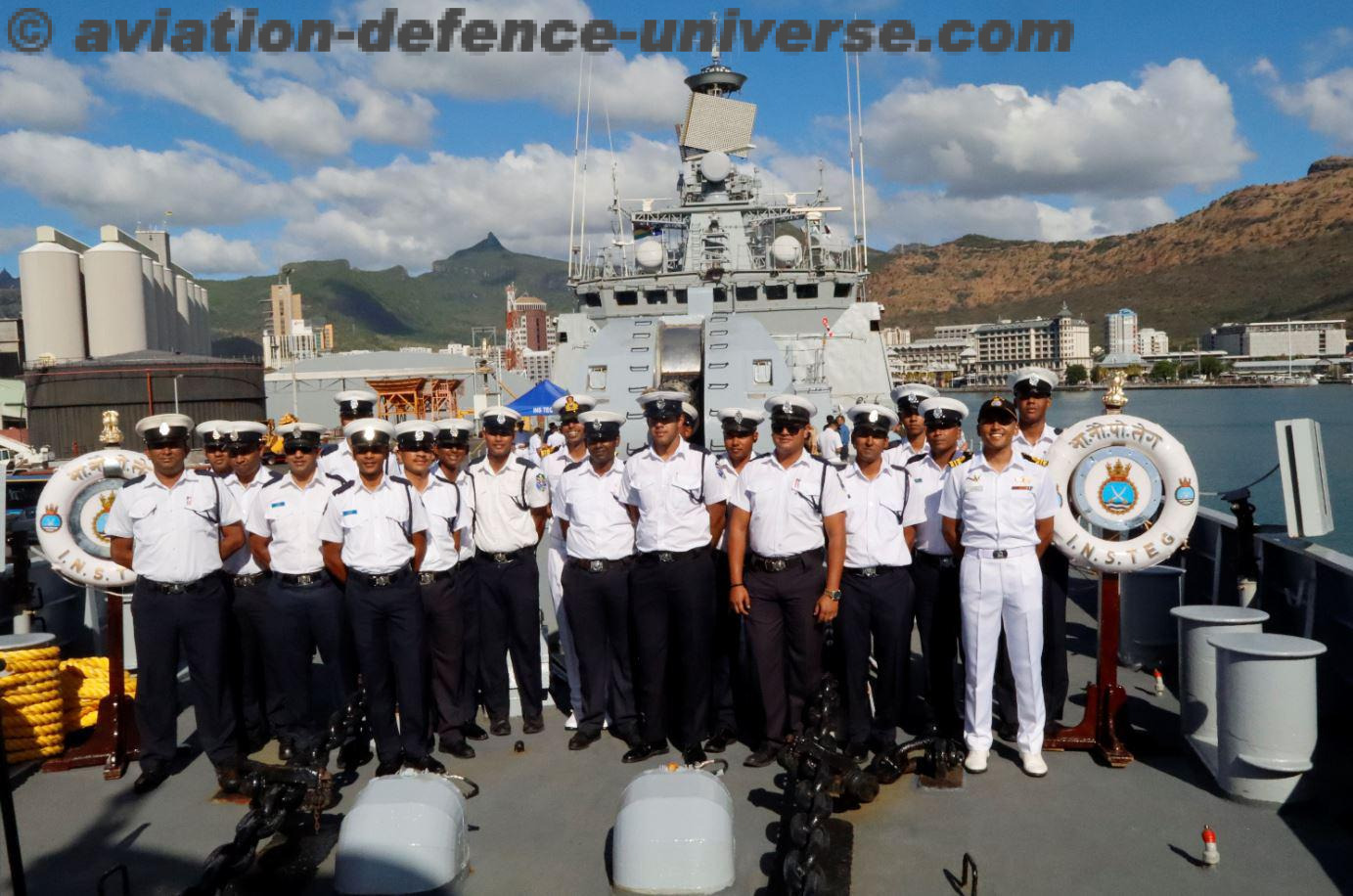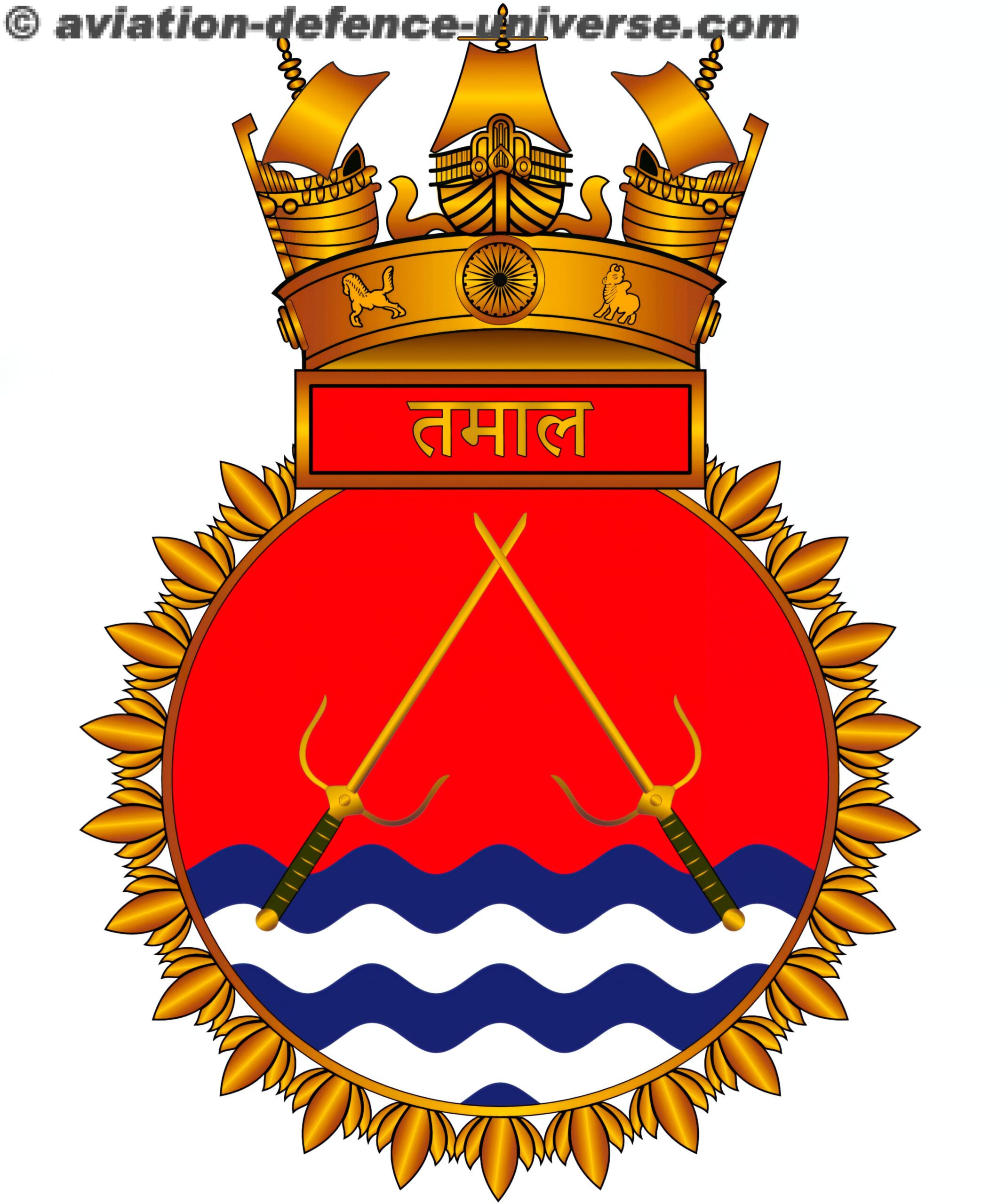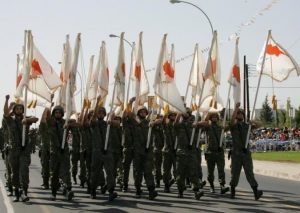By Chaitali Bag
Larnaca, Cyprus. 24 September 2021. As the countdown to CYPSEC 2021 begins and we are exactly ten days from the show, excitement seems to be catching up in this East Mediterranean island nation, which is small in size but huge in geo-political importance.
When Israel-Palestine get a cold, the Mediterranean region sneezes is the dictum. European countries in the Mediterranean Sea are Spain, France, Italy, Malta, Monaco, Slovenia, Croatia, Bosnia and Herzegovina, Montenegro, Albania, and Greece, Turkey, Cyprus, Syria, Lebanon, Israel, and the Palestine Gaza Strip and Northern African countries like Morocco, Algeria, Tunisia, Libya, and Egypt . And each of them has a leaning towards either Israel or Palestine. And this latest conflict between the two has resulted into tremors in the silent blue waters of the Mediterranean Sea.
Cyprus-Turkey maritime dispute is no secret . The Republic of Cyprus (Cyprus) and Turkey have been engaged in a dispute over the extent of their exclusive economic zones (EEZ), sparked by oil and gas exploration in the area. Turkey objects to Cypriot drilling in waters that Cyprus has asserted a claim to under international maritime law. The present maritime zones dispute touches on the perennial Cyprus and Aegean disputes. Turkey is the only member state of the United Nations that does not recognise Cyprus, and is one of the few not signatory to the United Nations Convention on the Law of the Sea, which Cyprus has signed and ratified.
Turkey claims a portion of Cyprus’s EEZ based on Turkey’s definition that no islands, including Cyprus, can have a full 200 nautical mile EEZ authorized to coastal states and should only be entitled to their 12 nautical mile territorial seas. Turkey’s definition creates a dispute over the rights to waters south of Cyprus containing an offshore gas field. This definition is not shared by most other states. Furthermore, the internationally unrecognized Turkish Republic of Northern Cyprus (TRNC), which was created as result of the Turkish Invasion of Cyprus, also claims portions of Cypriot EEZ. Cyprus and other countries including Israel, France, Russia and Greece view these claims on Cyprus’s land and sea as illegal under international law[a] and urge Turkey to refrain from illegal drilling for gas in the island’s EEZ. The European Union has threatened Turkey with economic and political sanctions for violating the Cypriot EEZ.
Meanwhile Greece and Turkey have a dispute over sovereignty and related rights in the region of the Aegean Sea. This set of conflicts has strongly affected Greek-Turkish relations since the 1970s, and has twice led to crises coming close to the outbreak of military hostilities, in 1987 and in early 1996. The issues in the Aegean are the delimitation of territorial waters, national airspace, exclusive economic zones and use of the continental shelf. One aspect of the dispute is the differing interpretations of the maritime law: Turkey has not signed up to the Convention on the Continental Shelf nor the superseding United Nations Convention on the Law of the Sea, both of which Greece has signed up to; as such, Turkey doesn’t recognize a legal continental shelf and EEZ around the Greek islands.
Israel and Turkey too have a bone of contention – the December 2019 deal between Libya and Turkey that declared Turkey’s sea borders to stretch from Anatolia all the way to the shores of Derna and Tobruk. Israeli foreign minister Israel Katz announced Israel’s opposition to the maritime border accord between Ankara and Tripoli, and confirmed that the deal was “illegal” according to the Israeli official position, while at the same time noting that Israel does not want a conflict with Turkey. Turkish navy had driven out an Israeli oceanographic research vessel that had been operating with the consent of the Cypriot government in Cypriot waters. This act, in the context of the deal with the GNA, led to Israeli fears that Turkey aimed to “create a sea border the width of the entire Mediterranean” and cut off Israeli access international waters via the Mediterranean sea, the channel of 99% of Israeli exports.
With so much of geo-political turbulence in the Mediterranean sea, Cyprus has a role which mandates keeping the security of the region intact and keep the waters safe to sail past. For this it needs not only a well equipped military but also a robust security industry environment, which gives the region a manufacturing hub and creates a buyer-seller platform for the nations of the region.
It may be recalled that a U.S.-funded center in Cyprus is being established to help train officials from countries in the eastern Mediterranean region and the Middle East on the latest techniques in border, customs, maritime and cyber security. $5 million (4 million-euro) Cyprus Center for Land, Open-Seas, and Port Security (CYCLOPS) will incorporate a mobile facility to instruct officials on how to best protect their key infrastructure and take part in cross-border cyber investigations. The center will also include a mock land border crossing and a passenger screening area. The U.S. will build the facility and provide equipment and trainers. It’s expected that it will be completed by this year’s end.
Cyprus has an indispensable role in the security and safety of not only the Mediterranean but also of Northern Africa. It’s strategic location and abundance of natural resources have made Cyprus an object of envy both militarily and as a tourist based economy. So it needs to not only maintain the regional balance of power but also needs to keep security threats from not-so friendly at bay.Keeping all this in mind it is time for Cyprus to take stock of its military strength, stealth capabilities, state-of-the-art arms and equipment, modern training techniques and friends-in-need. And what better than having its own home based event to review its current status and identify it’s future needs. This scrutiny will definitely help Cyprus in keeping itself at par with modern militaries and developing technologies. So CYPSEC 2021 is happening at the right time for keeping Cyprus’ role and needs in mind.















